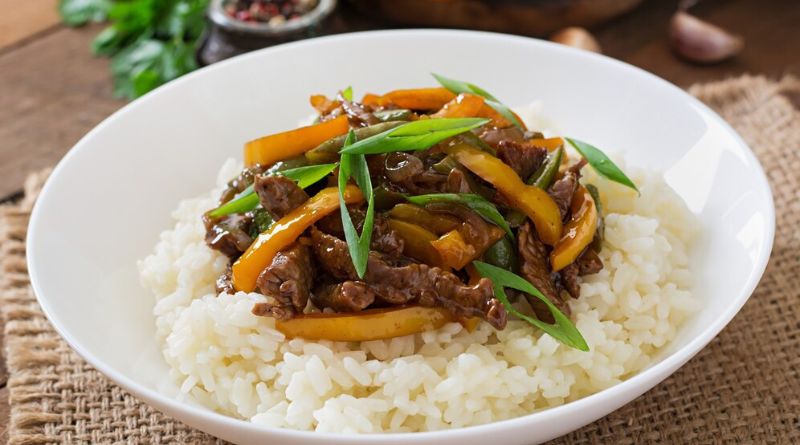
Cultivating Meat in Grains
In a cutting-edge effort to create sustainable and affordable protein sources, researchers in South Korea have successfully grown bovine cells in rice grains, producing what they call “beef rice.” This unique hybrid product, unveiled in a study published in the journal Matter, represents a major step towards replacing traditional farmed cattle with lab-grown meat.
The Rice Cultivation Process
The team led by Professor Jinkee Hong at Yonsei University in Seoul treated rice grains with enzymes to create an optimal environment for cell growth. They then infused the grains with bovine muscle and fat cells, cultivating them to produce pinkish, beef-flavored rice grains.
Advantages Over Plant-Based Alternatives
While not the first lab-grown meat product, Hong’s “beef rice” is pioneering in its use of grain particles as the base for culturing animal cells. Rice offers advantages over plant-based alternatives like soy or nuts as fewer people have rice allergies.
“If successfully developed into food products, cultured beef rice could serve as a sustainable protein source, particularly in environments where traditional livestock farming is impractical,” Hong said.
Nutritional Profile
Compared to conventional rice, the beef rice boasts around 8% more protein and 7% more fat content. Notably, 18% of its protein is animal-based, making it a rich source of essential amino acids often lacking in plant-based diets.
Cost and Environmental Benefits
From a cost and environmental standpoint, the researchers estimate beef rice could be priced at around $2 per kilogram while having a far smaller carbon footprint than traditional beef production methods.
“Cultured beef rice could compete on grocery shelves,” Hong stated, though he acknowledged challenges remain in perfecting the product’s flavor, texture and technical aspects.
Consumer Reaction
The concept has received mixed reviews from early taste-testers in Seoul. While some found it an innovative idea, others felt it could not fully replicate the juiciness and texture of real beef yet.
The Future of Lab-Grown Meat
As the world seeks more sustainable protein alternatives to reduce strain on the environment and food supply, products like Hong’s beef rice could play a key role. However, winning over consumers’ tastes and overcoming technical hurdles will be crucial for lab-grown meat replacements to go mainstream.



